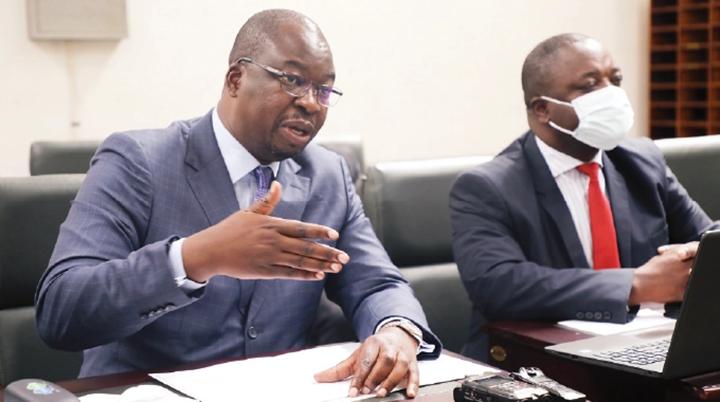News / National
Zimbabwe must be bold in FDI drive
09 Sep 2024 at 07:24hrs |
0 Views

Finance, Economic Development, and Investment Promotion Permanent Secretary George Guvamatanga has disclosed that the government has been inundated with demands from prospective investors seeking Zimbabwe as a favorable investment destination. Among these demands are requests for exemptions from worker taxes and other fiscal incentives.
Speaking at the Zimbabwe Investment and Development Agency (ZIDA) Northern Region capacity-building workshop in Harare last week, Guvamatanga highlighted that many investors seek extensive fiscal incentives, including tax exemptions for their employees and duty-free importation of office supplies such as desks and pens.
"Some investors even request that their entire operation, from office furniture to stationery, be brought in duty-free," Guvamatanga said. He also noted that some projects have a short lifespan, raising concerns about the long-term benefits of providing such incentives.
These demands come as Zimbabwe actively seeks foreign direct investment (FDI), following years of investor hesitation due to policy inconsistencies and economic challenges. President Emmerson Mnangagwa has been promoting Zimbabwe under the "Zimbabwe is open for business" campaign to attract investment.
Recent statistics indicate growing investor interest, with ZIDA issuing 154 licenses worth US$1.8 billion in the second quarter of 2024, up from US$622.18 million in the first quarter. However, Guvamatanga's comments underscore the need for a balance between accommodating investor requests and protecting national interests.
There are concerns that some investors, after receiving incentives, evade formal banking channels and conduct transactions in cash, leading to losses in value-added tax and intermediated money transfer tax. These investors often appear to have political connections that grant them undue advantages.
The focus must shift from accommodating dubious investors to ensuring that the country attracts genuine investors who contribute to economic growth, job creation, and tax revenues. Authorities need to be resolute in rejecting investors who do not align with Zimbabwe's long-term economic goals.
To achieve Vision 2030's goal of reaching upper-middle-income status, Zimbabwe needs investors who are committed to enhancing production and contributing to the fiscal system. A revamp of the tax incentive system is essential to boost tax revenue and reduce the burden on individuals and companies. ZIDA must be prepared to turn away questionable investors to prioritize the country's interests and align with regional development standards.
Speaking at the Zimbabwe Investment and Development Agency (ZIDA) Northern Region capacity-building workshop in Harare last week, Guvamatanga highlighted that many investors seek extensive fiscal incentives, including tax exemptions for their employees and duty-free importation of office supplies such as desks and pens.
"Some investors even request that their entire operation, from office furniture to stationery, be brought in duty-free," Guvamatanga said. He also noted that some projects have a short lifespan, raising concerns about the long-term benefits of providing such incentives.
These demands come as Zimbabwe actively seeks foreign direct investment (FDI), following years of investor hesitation due to policy inconsistencies and economic challenges. President Emmerson Mnangagwa has been promoting Zimbabwe under the "Zimbabwe is open for business" campaign to attract investment.
Recent statistics indicate growing investor interest, with ZIDA issuing 154 licenses worth US$1.8 billion in the second quarter of 2024, up from US$622.18 million in the first quarter. However, Guvamatanga's comments underscore the need for a balance between accommodating investor requests and protecting national interests.
There are concerns that some investors, after receiving incentives, evade formal banking channels and conduct transactions in cash, leading to losses in value-added tax and intermediated money transfer tax. These investors often appear to have political connections that grant them undue advantages.
The focus must shift from accommodating dubious investors to ensuring that the country attracts genuine investors who contribute to economic growth, job creation, and tax revenues. Authorities need to be resolute in rejecting investors who do not align with Zimbabwe's long-term economic goals.
To achieve Vision 2030's goal of reaching upper-middle-income status, Zimbabwe needs investors who are committed to enhancing production and contributing to the fiscal system. A revamp of the tax incentive system is essential to boost tax revenue and reduce the burden on individuals and companies. ZIDA must be prepared to turn away questionable investors to prioritize the country's interests and align with regional development standards.
Source - newsday
Join the discussion
Loading comments…




































